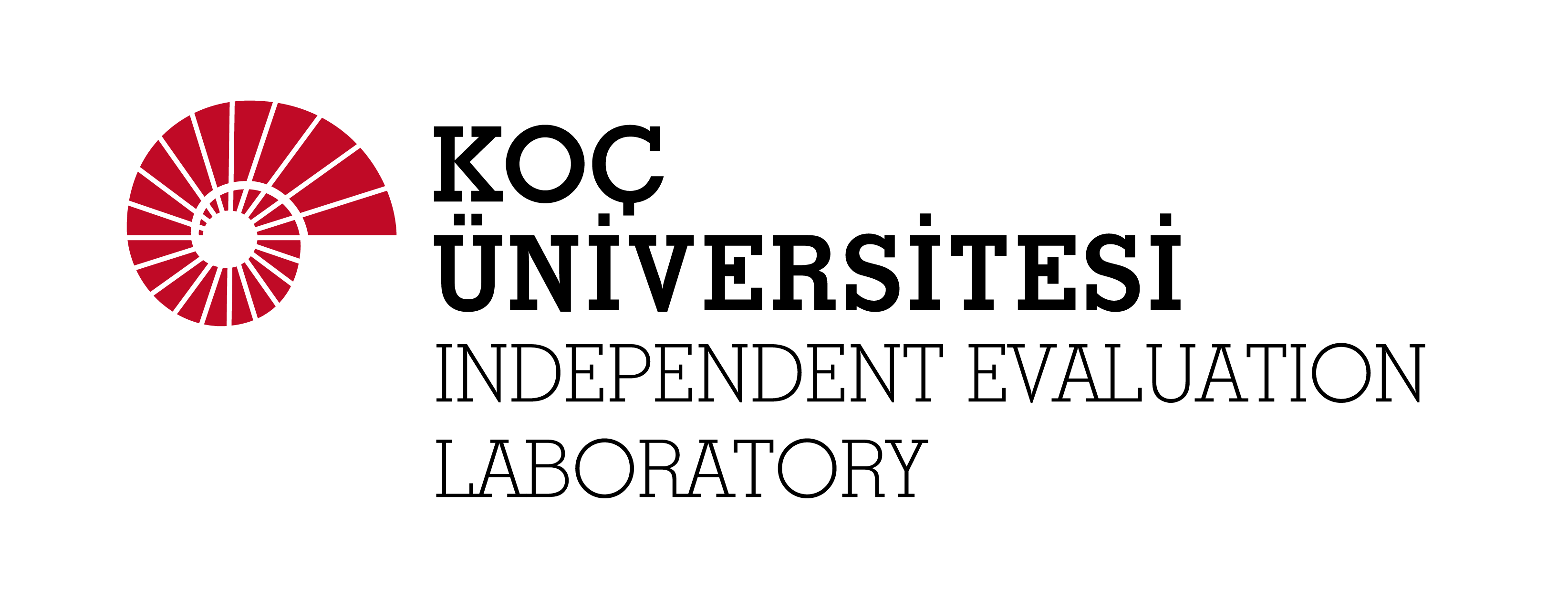Child and Youth

The large gaps in child development emerge as early as infancy and has long-term consequences at the individual, family, and societal level. And effective interventions for child and youth outcomes are now being recognized as the key strategy to advance social and economic well-being of countries.
In our lab, using state-of-the-art methodology, we try to establish a long-term research agenda to promote evidence based-interventions and policies, especially in developing countries, fostering child and youth development by
- Producing the knowledge base through identifying protective and risk factors influencing child and youth development
- Conducting systematic reviews to create a catalog of effective programs that can be adapted and transported to other countries
- Examining which program components work which don’t to ensure outcome- and cost-effective interventions
- Conducting rigorous impact evaluations to promote the dissemination of programs that are shown to be effective
Below are some examples of interventions or policies targeting child and youth outcomes, which can benefit from our research agenda:
- Parenting interventions to reduce externalizing behavior of children
- Conditional cash transfer to decrease child poverty
- A community program to combat child labor
- A training program for trainers who work with immigrant children under protection
- Multi-component drug use prevention programs in high schools
- Family engagement programs to promote early math learning
- A multiple-services program for youth in the juvenile justice system
- Home visiting program to prevent child maltreatment
